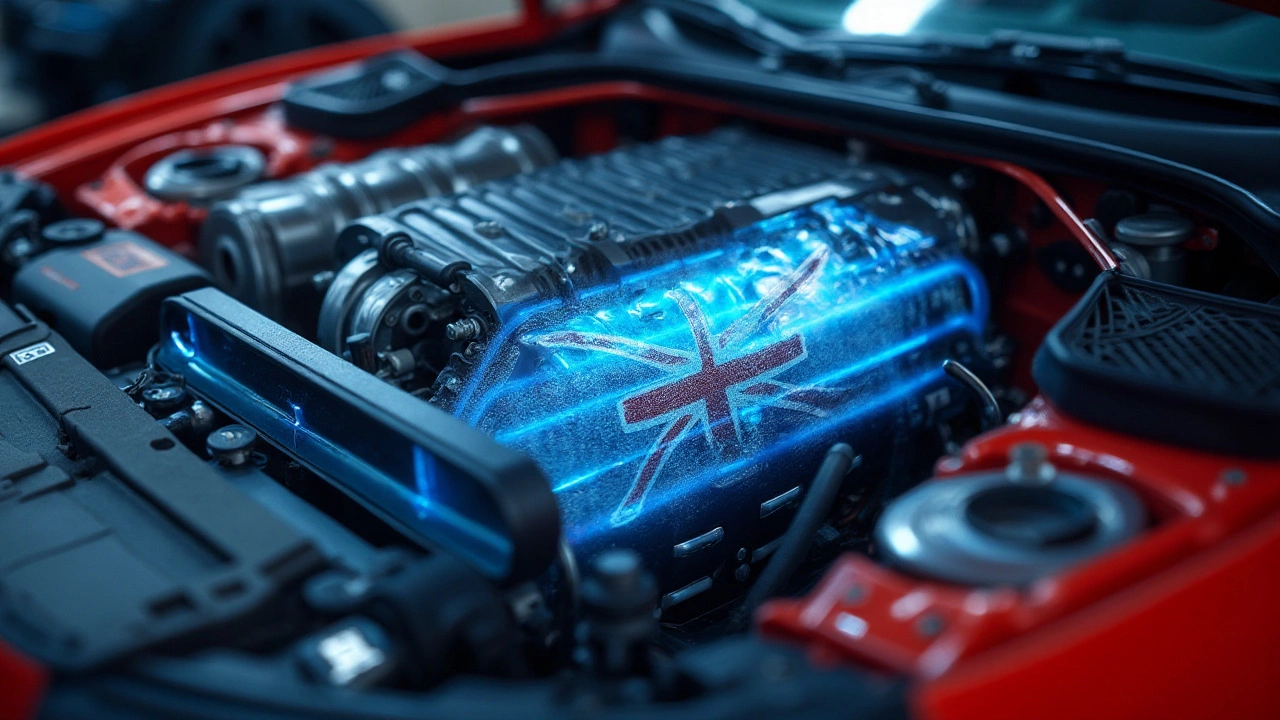Ever wonder why some cars feel peppy while others chew fuel like it’s candy? The secret isn’t always a bigger engine – it’s how efficiently that engine works. When you tune your ride for better efficiency you get a smoother drive, lower pump‑price bills, and a happier engine.
Efficiency is basically the ratio of the power you get to the fuel you burn. A high‑efficiency engine turns more of the fuel’s energy into wheel‑turning power instead of heat or waste. That means better acceleration, quieter rides, and fewer visits to the garage because the engine isn’t working harder than it should.
Besides performance, fuel efficiency helps the environment. Burning less fuel releases fewer emissions, which is a win for your wallet and the planet.
1. Keep up with regular maintenance. A well‑kept engine runs smoother. Change oil on schedule, replace the oil filter, and use the grade your maker recommends. Fresh oil reduces friction, letting the engine breathe easier.
2. Check your air filter. A clogged filter starves the engine of air, forcing it to work harder. Swap a dirty filter for a clean one and you’ll notice a small power bump and better mileage.
3. Use the right spark plugs. Worn plugs misfire, wasting fuel. Replace them at the interval in your owner’s manual – usually every 30,000‑50,000 miles.
4. Keep tires properly inflated. Under‑inflated tires increase rolling resistance, so the engine must push harder. A quick pressure check once a month can shave off a few percent of fuel use.
5. Lighten the load. Extra weight means the engine works harder. Remove roof racks, spare tires you don’t need, or any junk you keep in the trunk.
6. Drive smarter. Gentle acceleration, coasting to a stop, and using cruise control on highways all cut fuel consumption. Idling for long periods burns fuel for no gain – turn the engine off if you expect to wait more than a minute.
7. Choose the right fuel. Stick to the octane rating your car recommends. Higher‑octane fuel doesn’t automatically give more power unless the engine is tuned for it, and it just costs more.
8. Keep the cooling system healthy. Overheating forces the engine to run richer (more fuel) to stay cool. Check coolant levels and replace the thermostat if it’s stuck.
9. Trim the exhaust. A restrictive exhaust makes the engine work against back‑pressure. A free‑flowing cat‑back system can improve efficiency, but make sure it stays street‑legal.
10. Use a fuel‑system cleaner occasionally. Deposits can build up in injectors and valves, reducing spray quality. A quality cleaner every 20,000 miles can keep the fuel mix optimal.
Combine a few of these habits and you’ll feel the difference right away – quicker response, fewer trips to the pump, and a healthier engine that lasts longer. No need for massive upgrades; simple steps give real results.

Performance air filters are vital components in enhancing engine efficiency and vehicle performance. However, there's an ongoing debate on whether these filters can be too restrictive, impacting airflow and thus the engine's power output. This article explores the mechanisms of air filters, potential risks of overly restrictive filters, signs of restriction, and tips for choosing the right filter.